welcome to dr. jamIe’s health corner
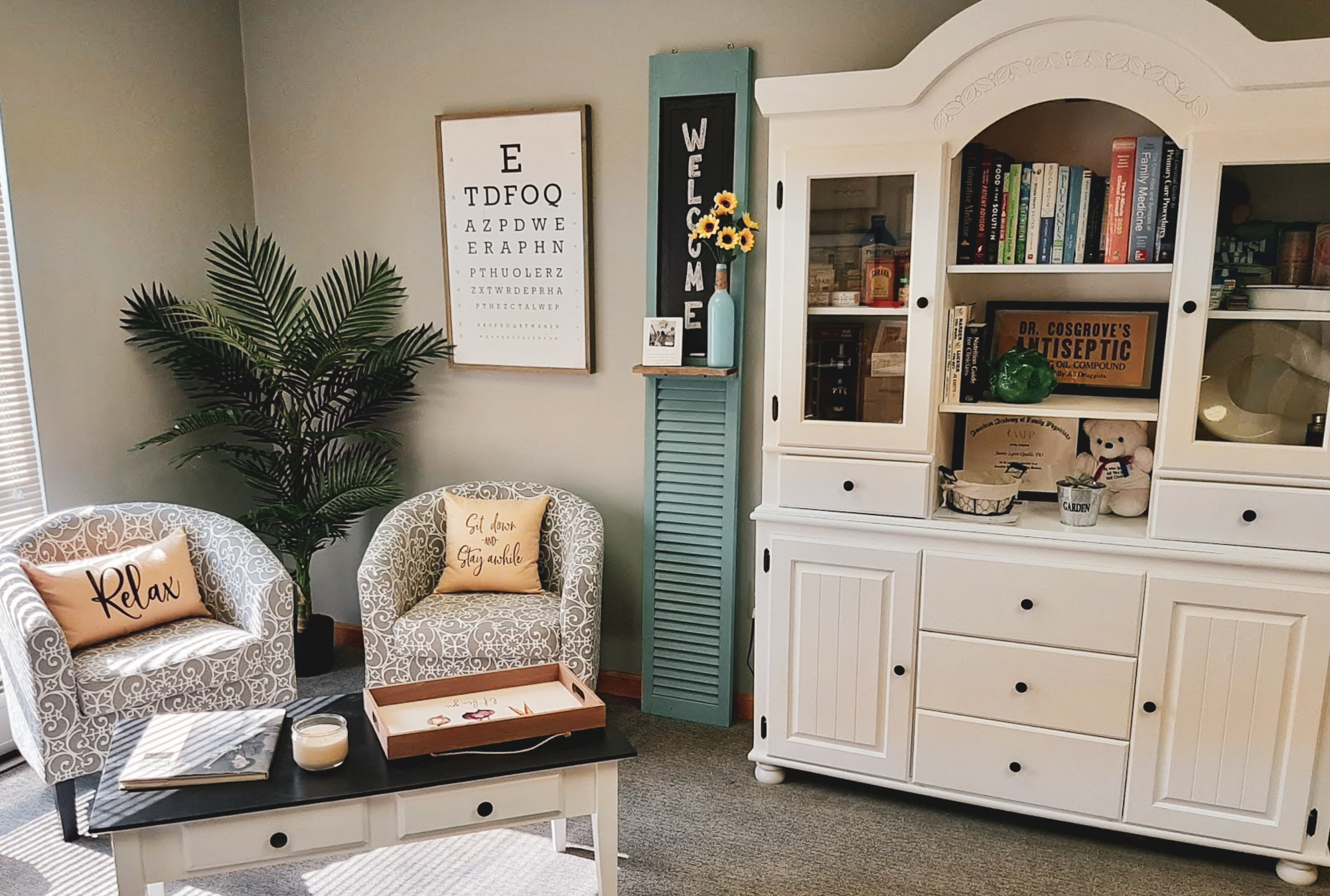
Hey, veg-friends! I’m super excited to be able to have this new place to contribute some inspiring, motivating, and educational content every month for VegMichigan supporters. I thought I would use this first month to introduce myself and write a bit about my personal mission.
a lIttle bIt about me
I’m a brand new family medicine doctor here in Metro-Detroit! I graduated this summer from my residency training at Ascension Providence Hospital in Southfield. This has been 11 years in the making, so it’s still very surreal for me to be finally done! I’m extremely fortunate to have just opened a new family medicine clinic in Farmington Hills, through Plum Health DPC. My journey is fairly unique in that I went back to medical school after working in a business career for many years. I made the career change because I saw such a need for doctors who integrate lifestyle medicine into everyday patient care. I am also very passionate about community and public health, so in 2017 I finished a masters degree in Public Health. Now, I get to use these tools and spend the rest of my life doing the work I love, and continue my mission to help Metro-Detroiters prevent and heal from chronic illnesses.
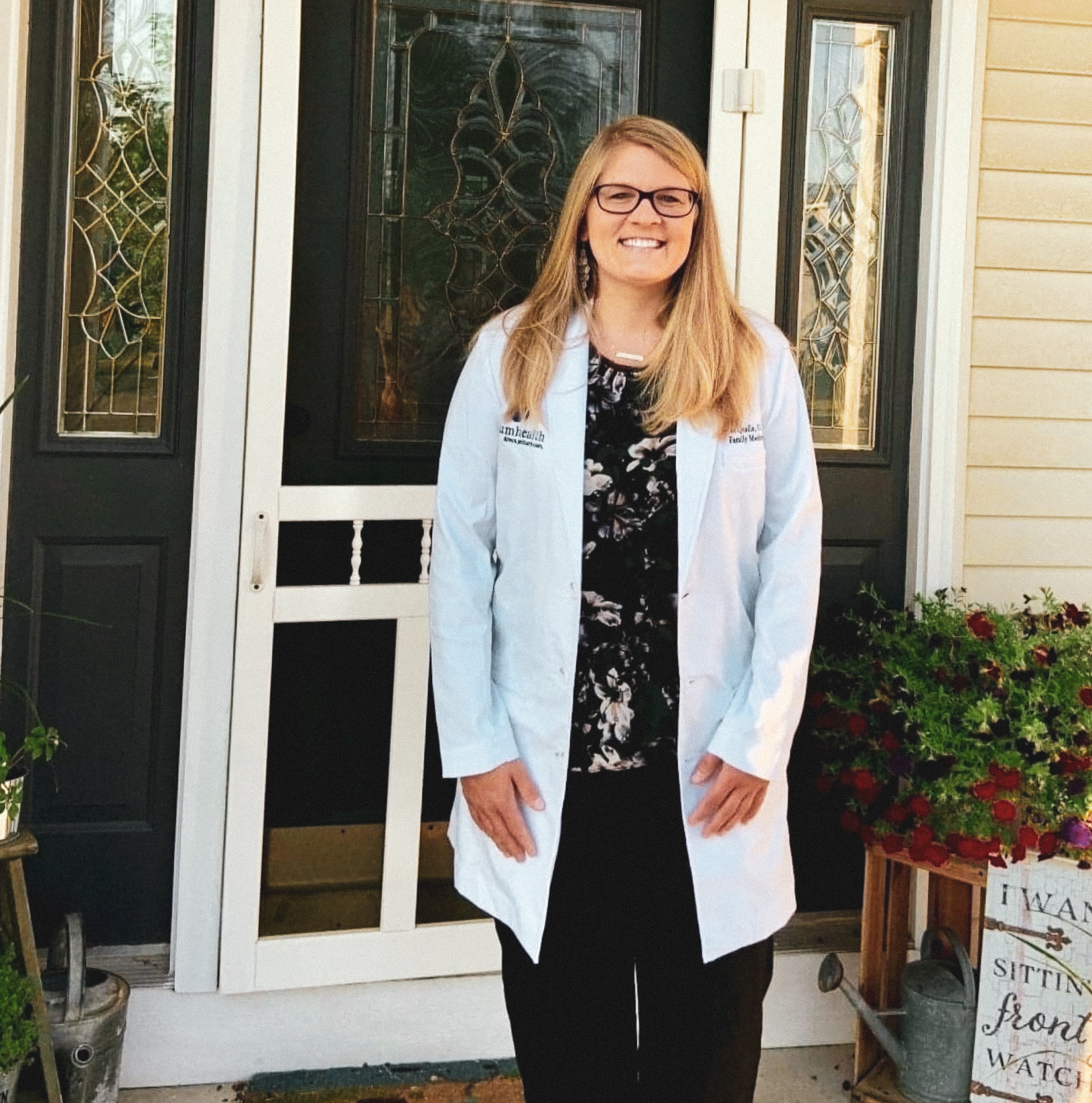
what Is lIfestyle medIcIne?
The American College of Lifestyle Medicine defines “lifestyle medicine” as a “plant-predominant diet, regular physical activity, restorative sleep, stress management, avoidance of high-risk substances, and positive social connection as a primary therapeutic modality for treatment and reversal of chronic disease.” Physicians who practice lifestyle medicine are dedicated to helping patients optimize these factors first, which often helps address the root causes of many common conditions affecting millions of Americans. Many of my patients have been able to make amazing health transformations by committing to improving these factors for themselves. Nothing makes me happier than to see my patients that I care about so much truly start feeling good again – it’s the whole reason why I decided to pursue this career path.
nutrItIon educatIon In medIcal school
(Womp, Womp…)
Unfortunately, I can count on one hand the hours of nutrition education I received in my medical training. I acquired my knowledge mostly on my own, by reading books and journal articles, attending lectures by our plant-based scholars and leaders, attending conferences, and volunteering at the Physicians’ Committee for Responsible Medicine in Washington, D.C. Thankfully, some medical schools are catching on. For example, Wayne State University School of Medicine had an entire day-long curriculum last year which was dedicated to plant-based nutrition. Other schools across the country are catching on as well in similar ways, but by and large, medical training has work to do when it comes to nutrition. I’m hoping to help further this progress in the years ahead by educating my patients, my community, and future doctors who come to my office to learn from me.
research Is abundant about plant-based NutrItIon
In 2016, I was part of a collaboration of about 15 medical students who worked for over a year reviewing all the available literature about plant-based diet and health promotion. Together, we wrote over 60 pages summarizing the studies according to each body system and the effects of a plant-strong diet on chronic diseases associated with each system. There is so much conflicting information out there about which types of diet are best, it can definitely be overwhelming. However, as a clinician interested in getting and keeping my patients off prescription medications, there is more than enough quality research available to guide me in this mission. My personal approach when I counsel patients is that eating as much whole, plant-predominant food as possible gives our bodies the best chance for a long, vibrant, disease-free life. Conveniently, the same approach also enables our bodies to heal, if needed, and helps decrease the need for medications (under the supervision of a physician).
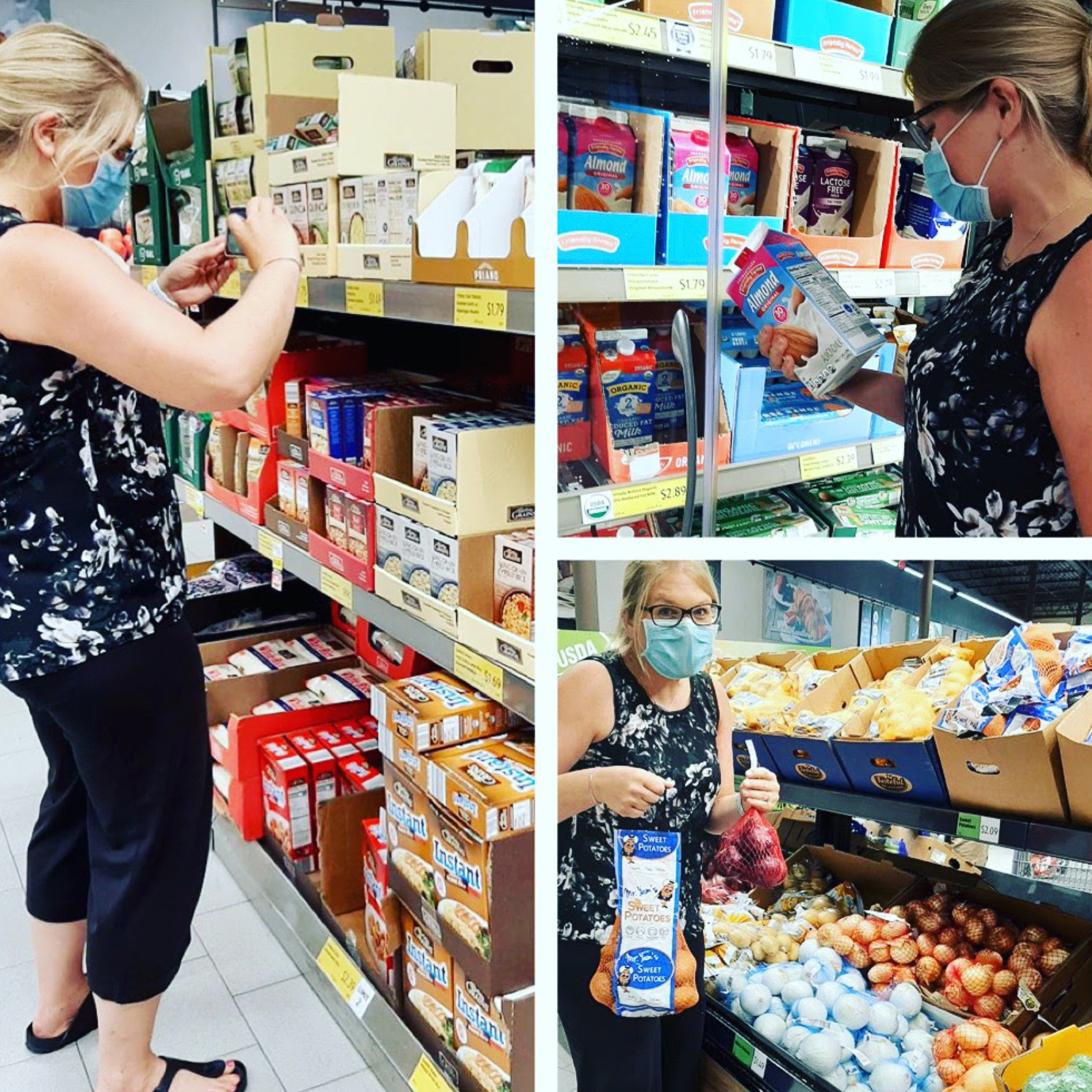
buIldIng a Health partnershIp
I definitely recognize and understand how life can complicate our everyday health choices. I am also the first to admit how much this affects me, too. We all live in a constant whirlwind of food marketing, choosing between convenient and inconvenient, cultural and family-related influences, time constraints, socioeconomic challenges, and many other things that impact how we take care of ourselves on a daily basis. We come from different backgrounds and walks of life. Our diets and preferences are different. Some folks have more limited access to fresh produce than others. Some people love to cook, and some people don’t. As a primary care doctor, my goal is to meet people wherever they are in their personal health journey. This can be done by taking adequate time to really get to know a patient and design lifestyle-focused goals and treatment plans together that will work for who they are as an individual.
my strategIes for success:
Based on my own personal experience and experiences with my patients, these are my 5 best suggestions for making healthy lifestyle modifications successfully:
1. Never, ever stop learning about why this is so important: there are a bunch of great documentaries out there, as well as books, recipe sites, free kickstart starter guides, and support groups. Keep the motivation and inspiration going.
2. Find a partner to join you: it can be super helpful to have someone to lean on when making lifestyle changes. Call it an accountability partner, an exercise partner, someone to try new foods with, to exchange recipes with, and to share your successes and frustrations with.
3. Find ways to make it fun: think of it as a way to broaden your horizons. If you’re used to eating a certain way, this is a great way to expand your palate, try some new tastes and flavors, and see what you like and don’t like. If you are able, treat yourself to having healthy food prepared for you once in a while. There is an abundance of amazing plant-based food, all over Metro Detroit, in all different price ranges. If you’re not much of a cook, maybe this could be a fun way to grow and learn something new.
4. Be specific about your goals: write them down, and tell a friend. It helps with accountability. Putting your goals on paper makes them one step closer to reality! If you’re planning to exercise 3 times in the next week, put it on your calendar with a check box next to it. If you want to eat healthier lunches at work, make a list on Sunday of the things you’ll take for lunch or go get each day.
5. Meal prepping is so helpful: if you can spare a couple hours before the next week starts to be mindful about how you want to eat, and then prepare and divide up those foods as meals for the week, it really helps. This is such a good investment in your health, for the entire week! The grab and go convenience after meal-prepping alleviates having to make snap decisions about what to eat, which is often when we choose convenience and make less healthy choices.
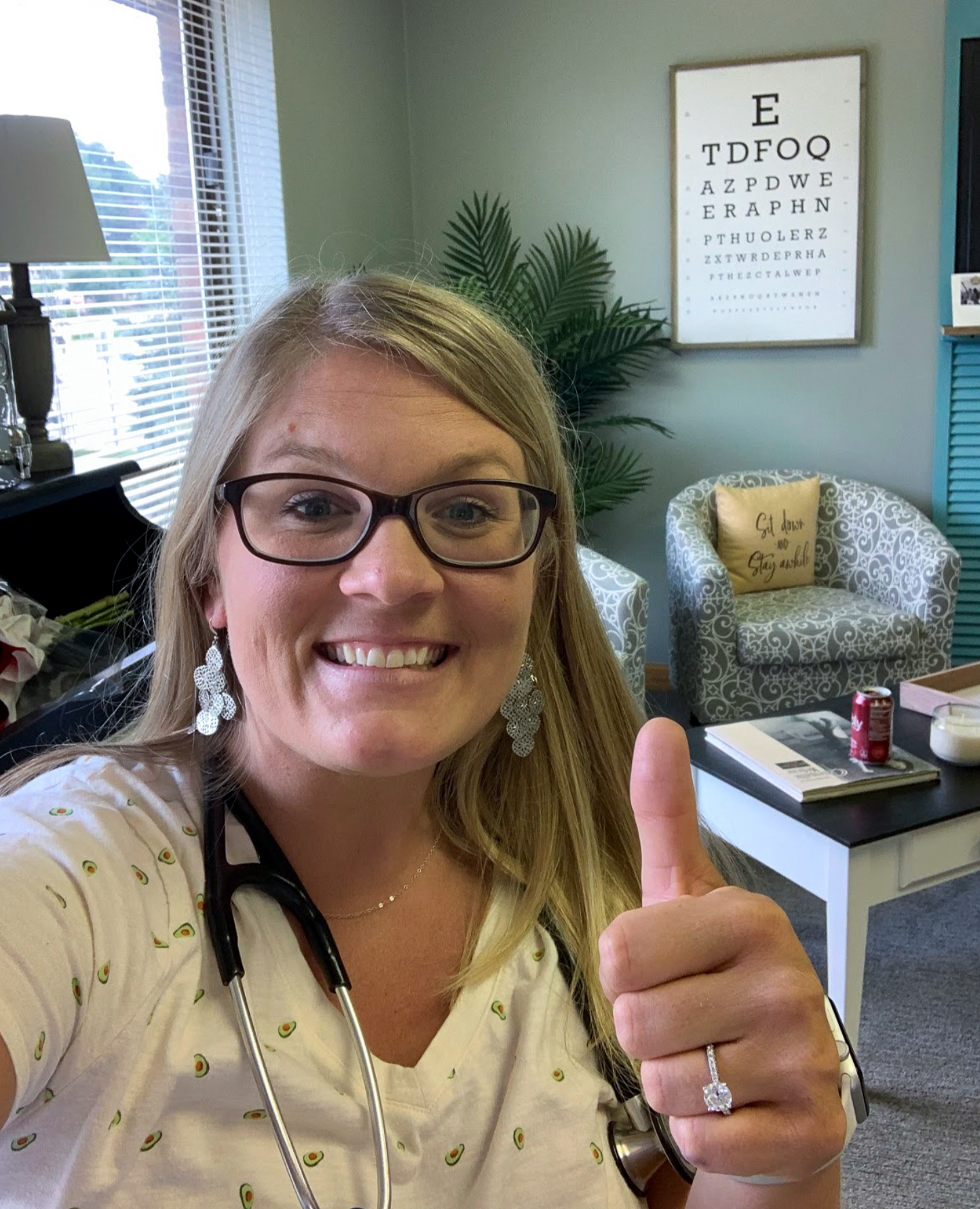
GoIng forward
In future months, I plan to continue providing VegMichigan readers with some useful information about using food as medicine for a variety of health conditions, chronic disease prevention and reversal, and how to make simple, convenient, and affordable lifestyle transitions to help achieve your own health goals. I attend nutrition seminars often and I would love to share some of the new information I’m learning with readers as well. Additionally, I would love to hear from any of you with questions or feedback! Please feel free to contact me any time at jamie@plumhealthdpc.com. See you next month!
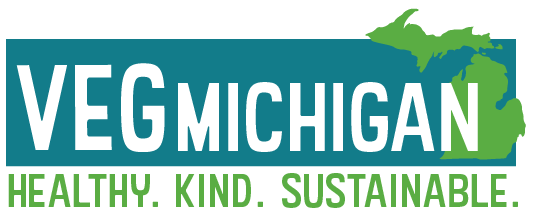
Do u have any current solution. for those of us who suffer from Anosmia??
Hello Dr. Jamie,
Congratulations on opening your new practice and being part of the VegMichigan family. I am one of the co-owners of the Better Health Market chain. We have 14 stores in the south East Michigan area along with an on line presence. We carry many plant based items and welcome you to visit our stores and use as a source of product or information for your blogs. Reach out any time. My Best,
Mary
I am super excited about your new corner Dr Jamie! We live in the Lansing area and I do not know any primary doctors who take our insurance that are plant-based doctors! I am so looking forward to the day when we will have one available here in our area!
In the meantime I will look forward to reading your corner here! Thank you!!!
Are you taking new patients?
Congrats on your new practice. I have a wholistic MD for my health care, however since adopting a WFPB lifestyle this January 2020 I may consider scheduling an appointment with you.
Hi Jamie,
This was such a breath of fresh air to read. I hope the best for you , and I am so glad you have this Health Corner. I’m always looking for nutrition information with the Vegan diet.
I look forward to next month.
Elaine
Hi Jamie looking forward to reading your monthly blogs. I live in Saginaw and find it difficult to find people of like mind who embrace a plant based diet. I am afraid big pharma has too much influence over med school curiculums.